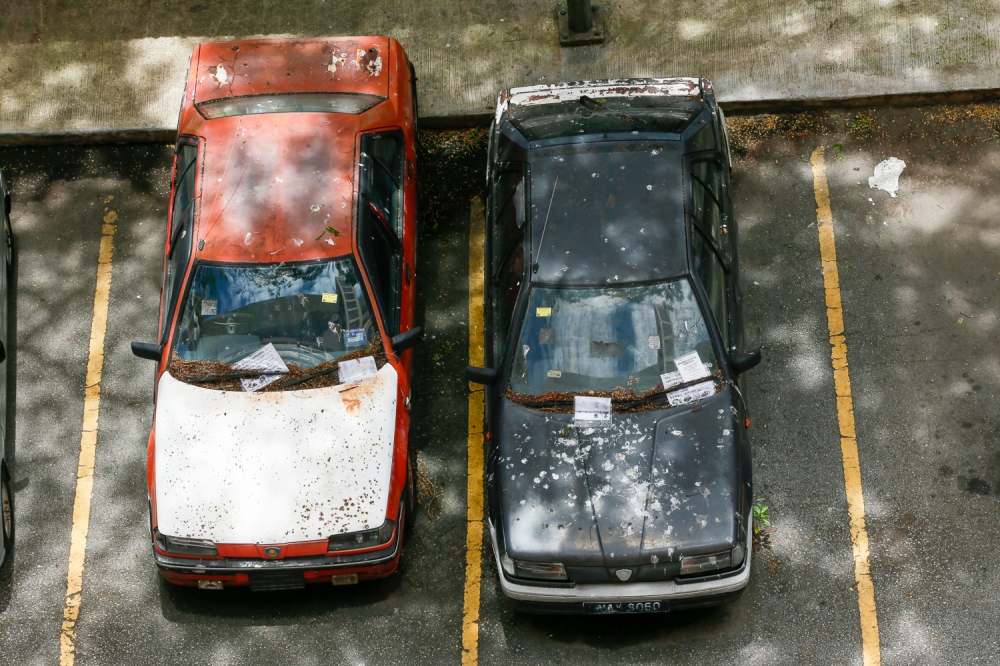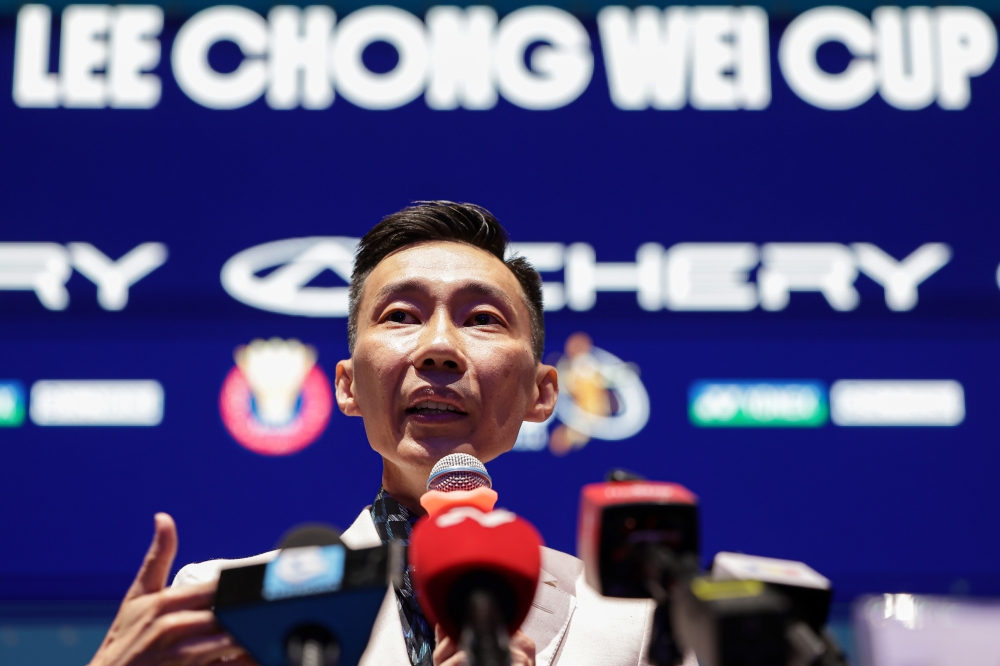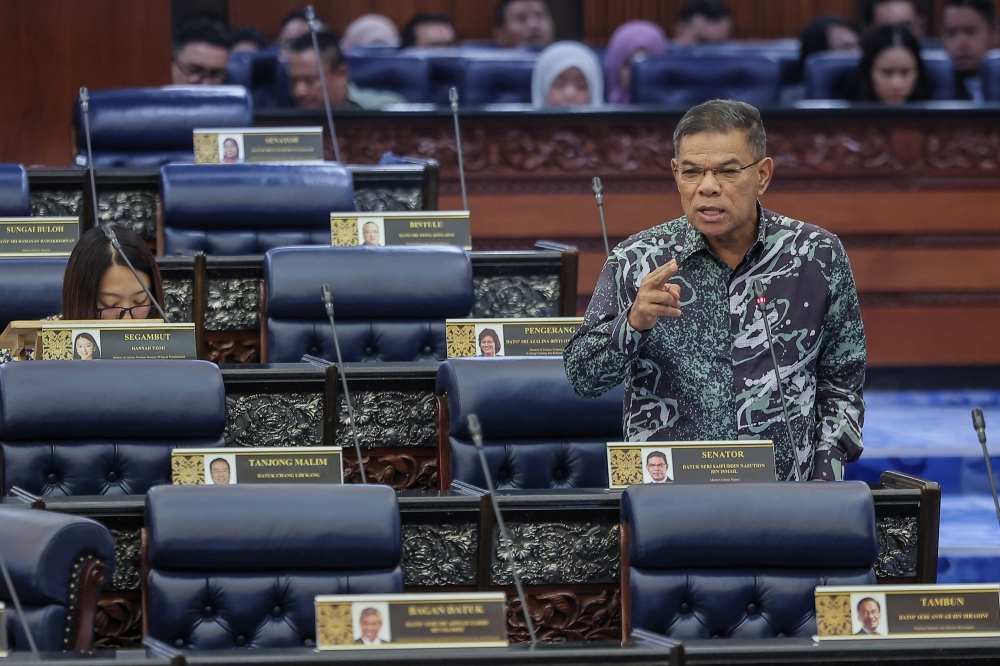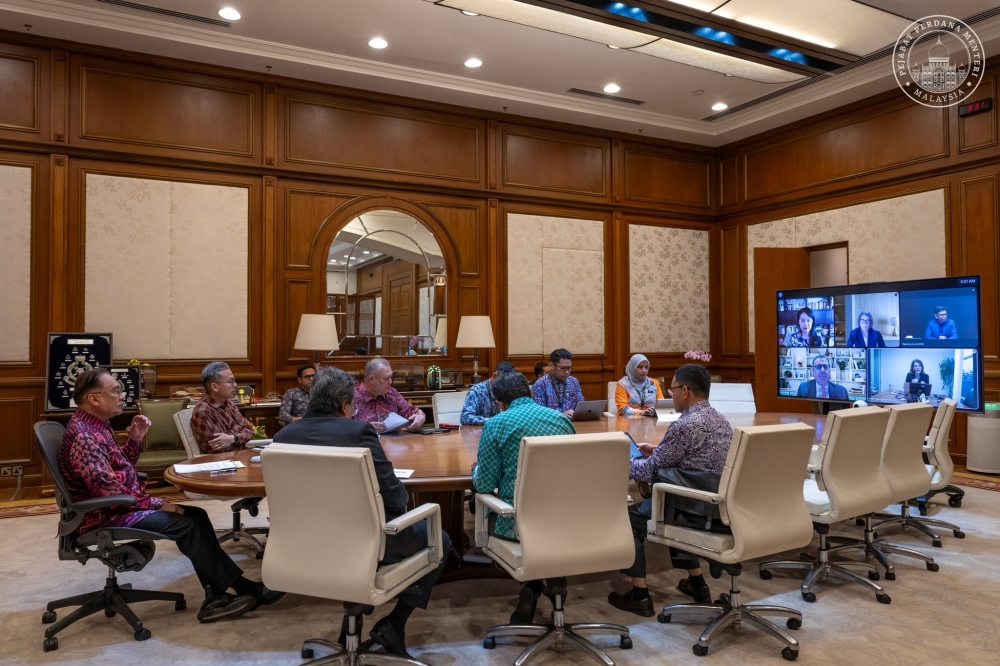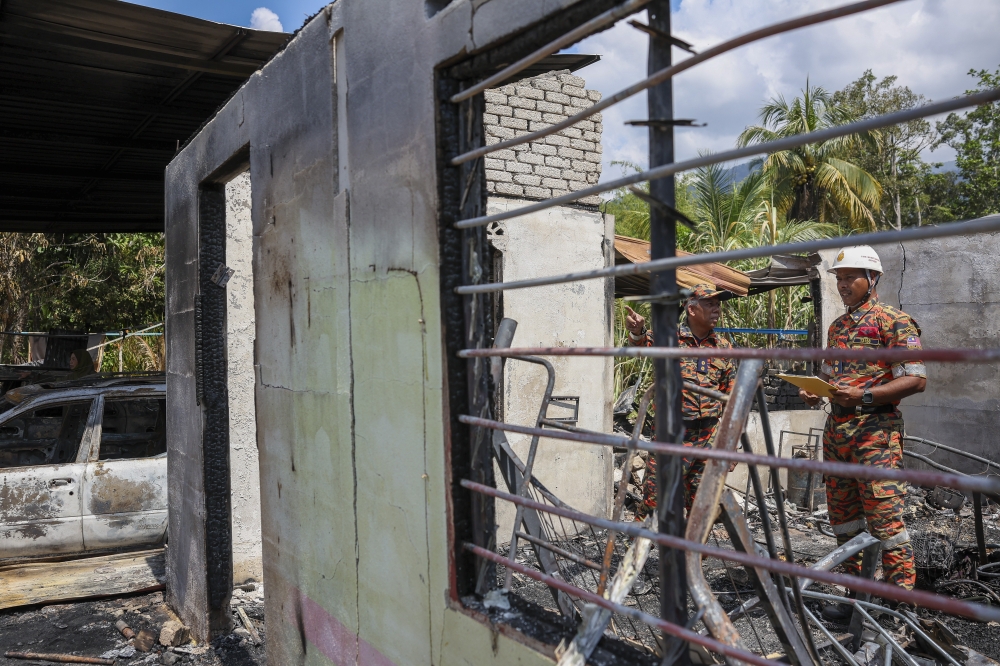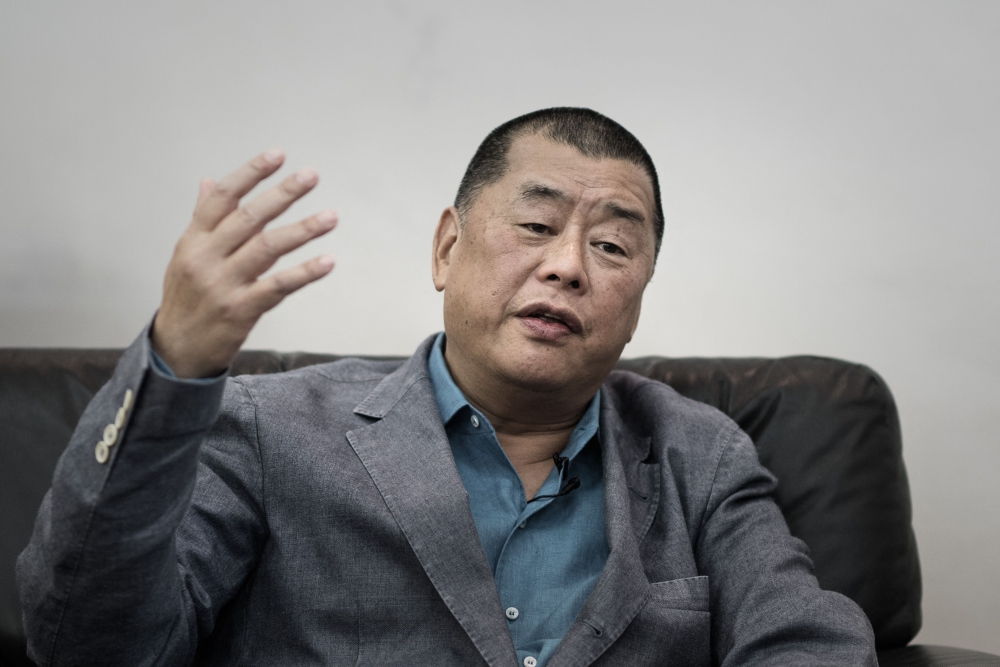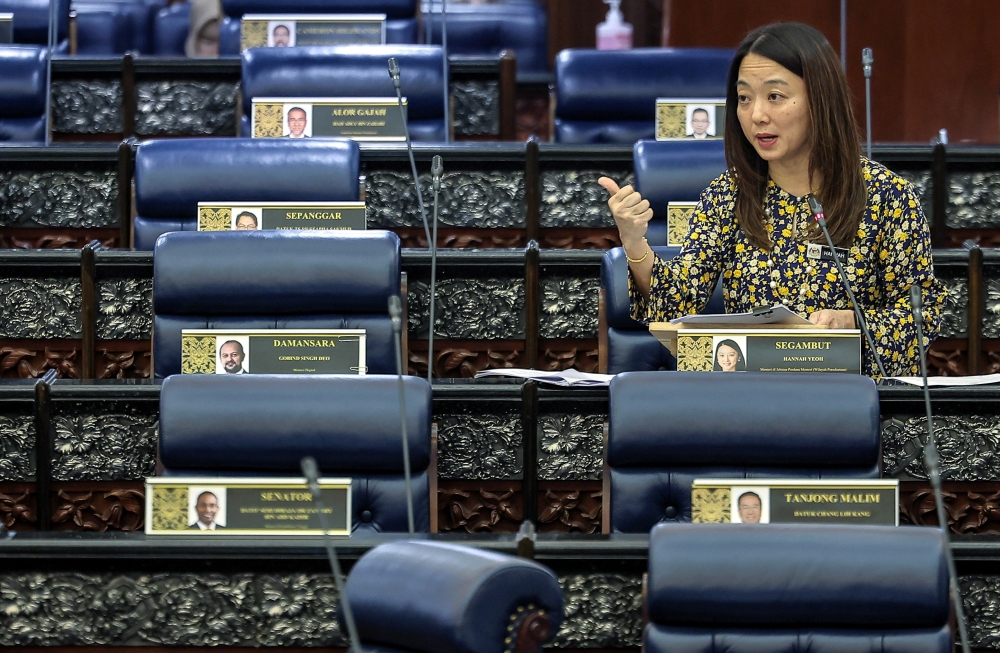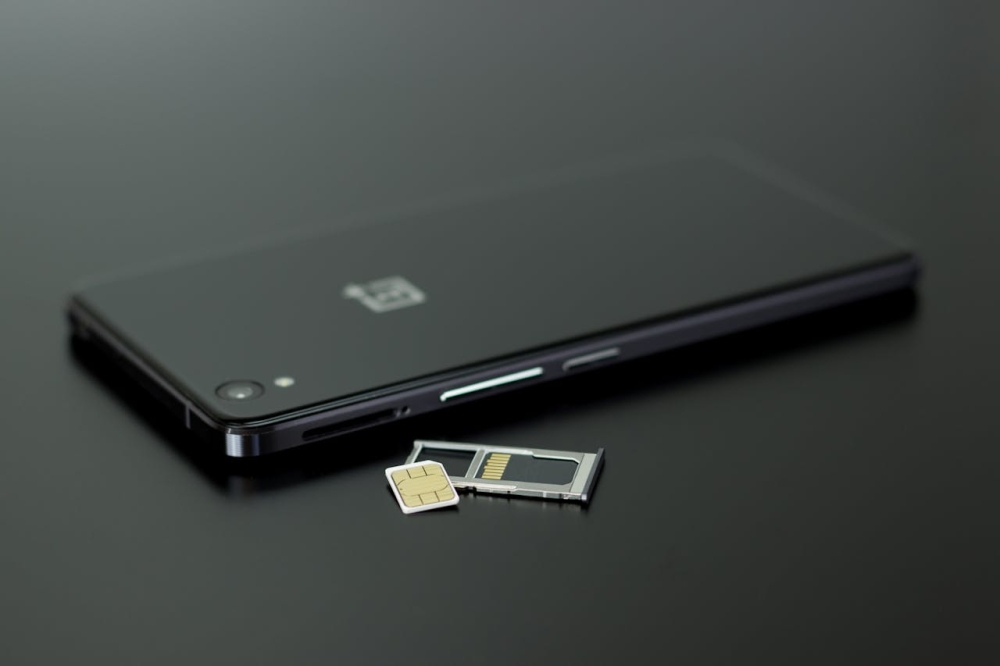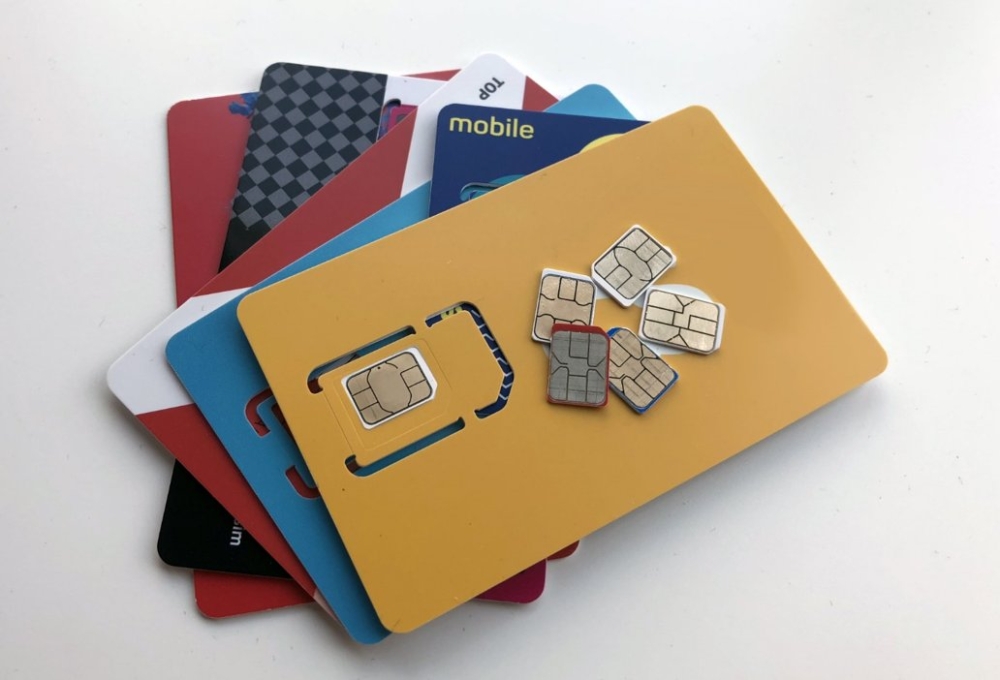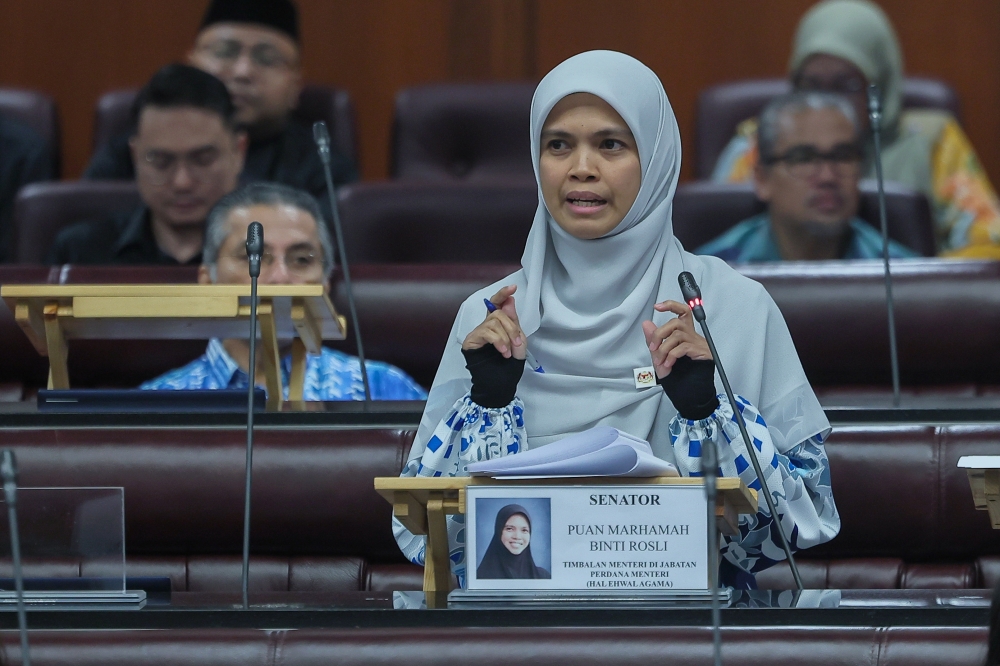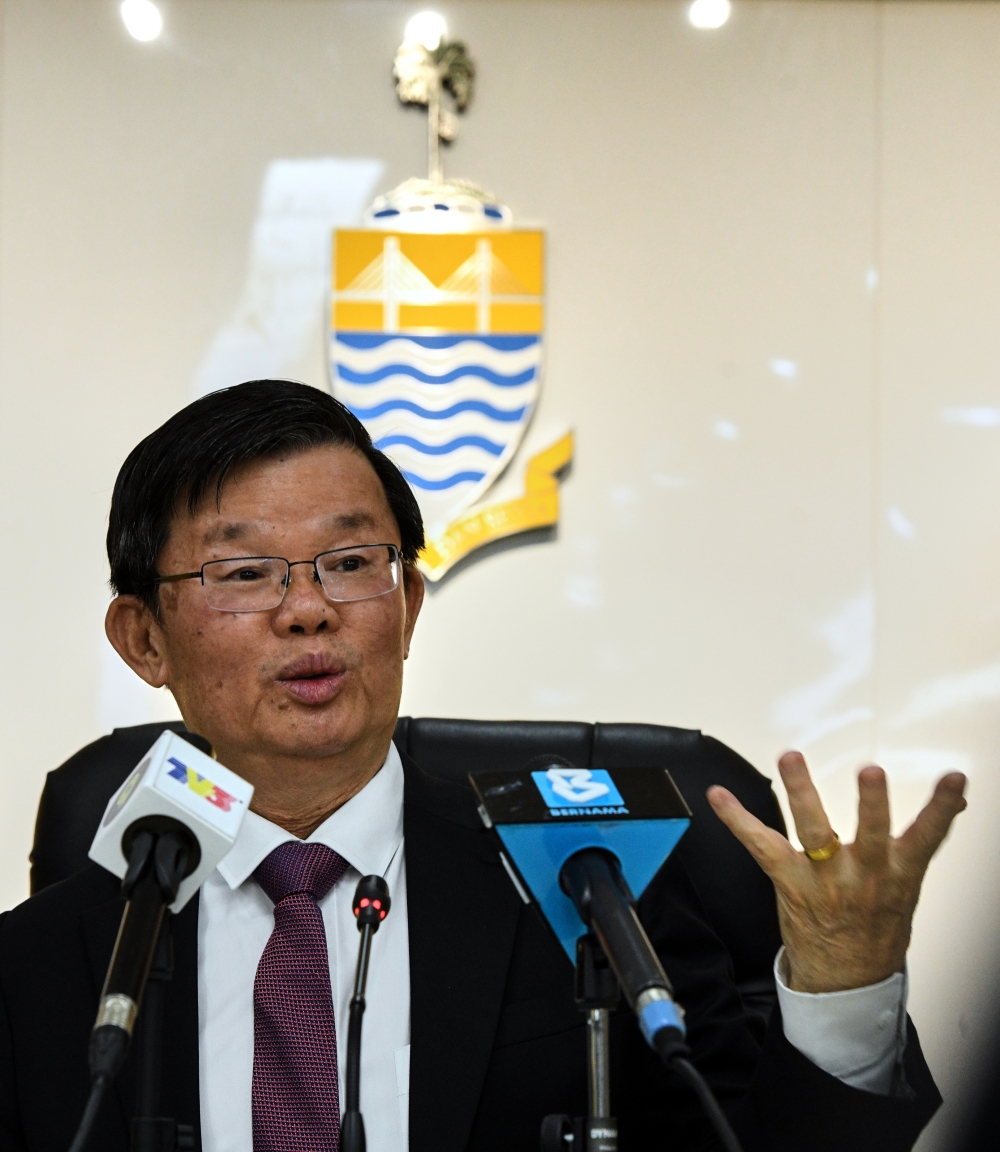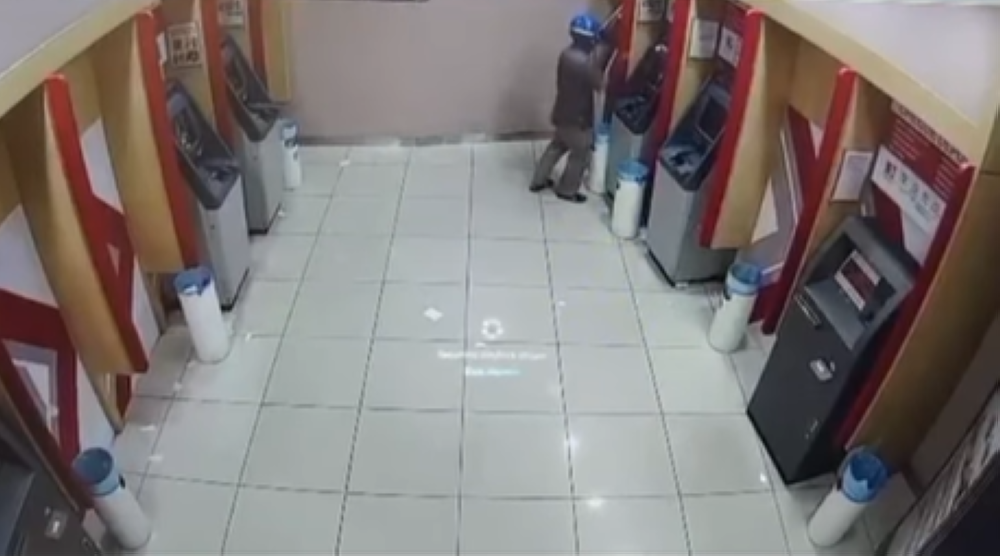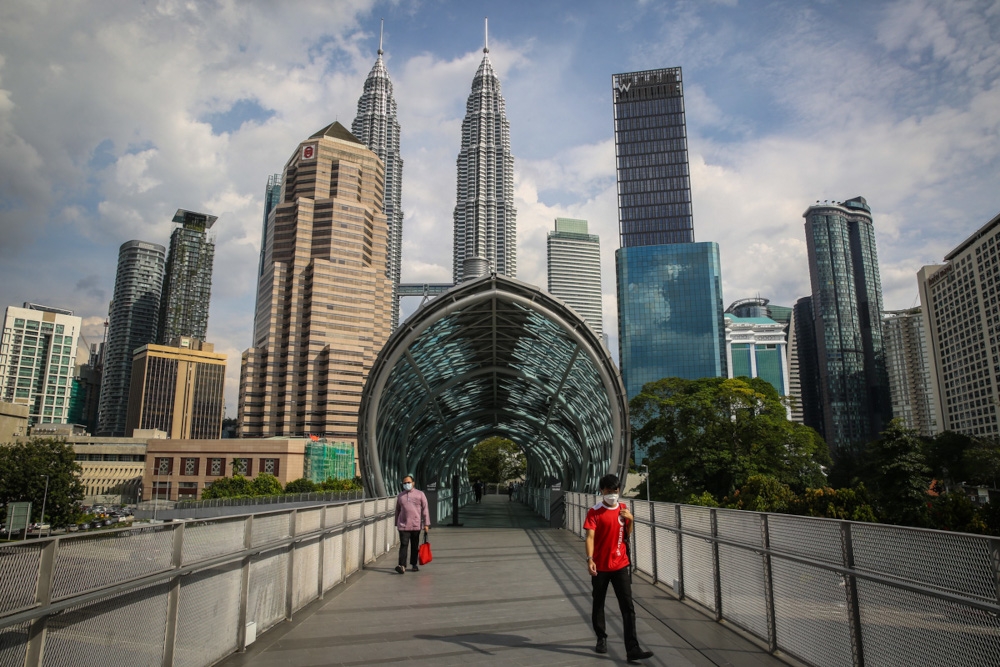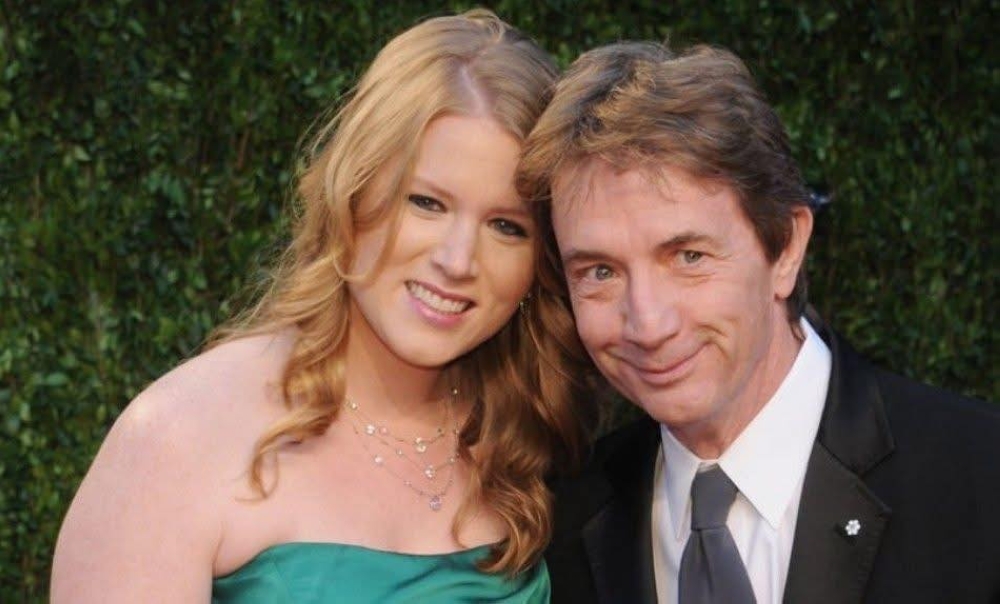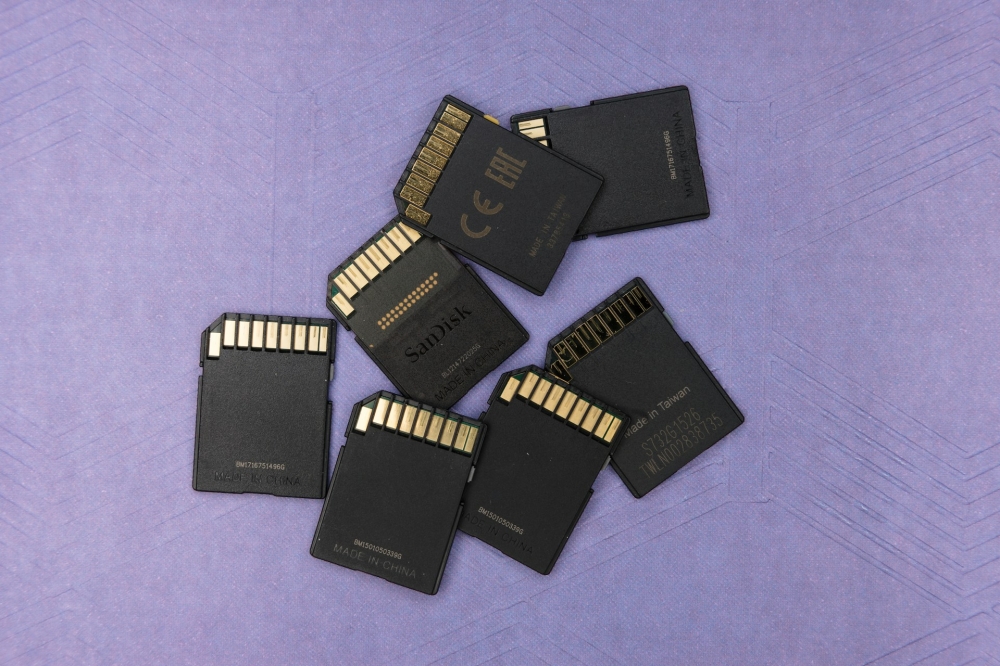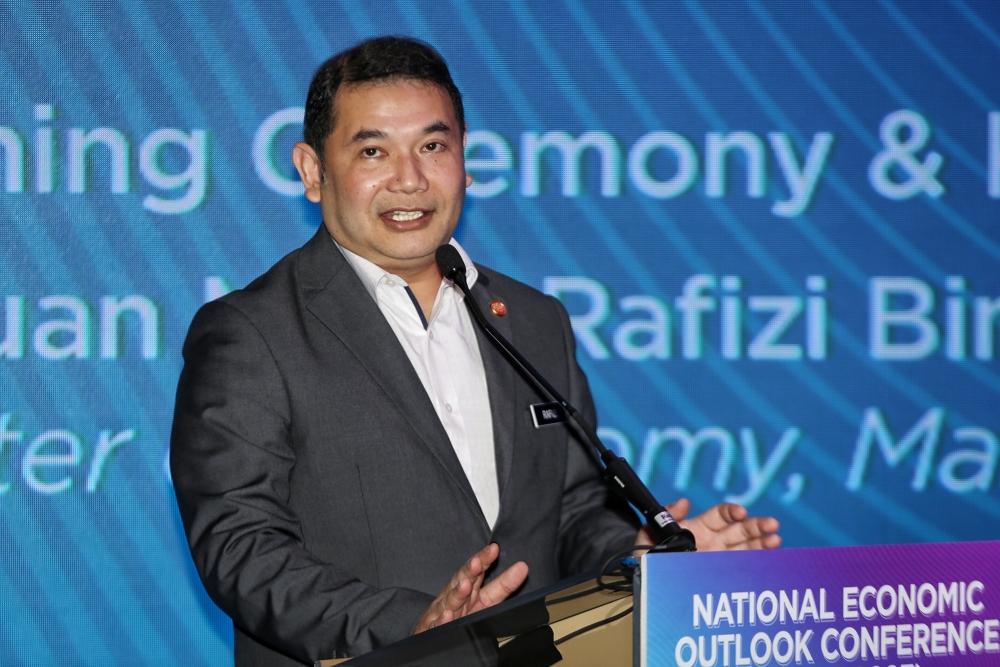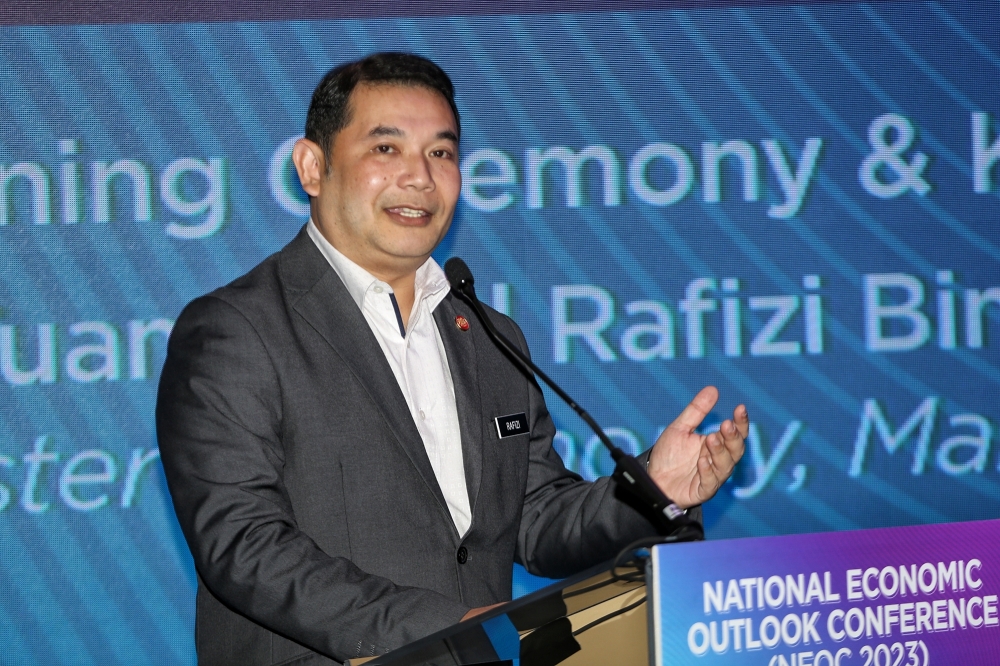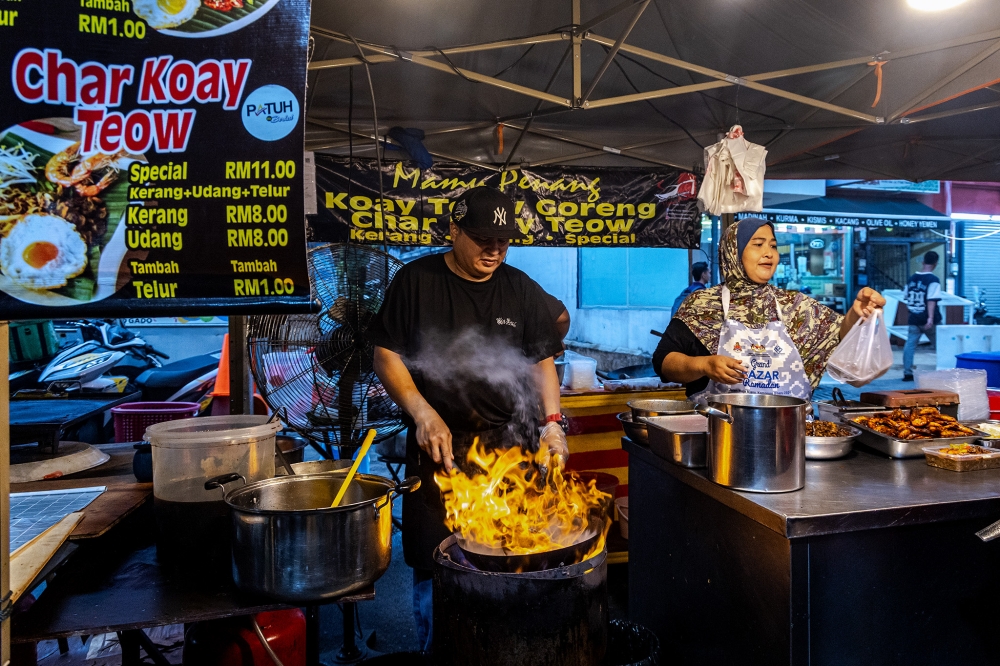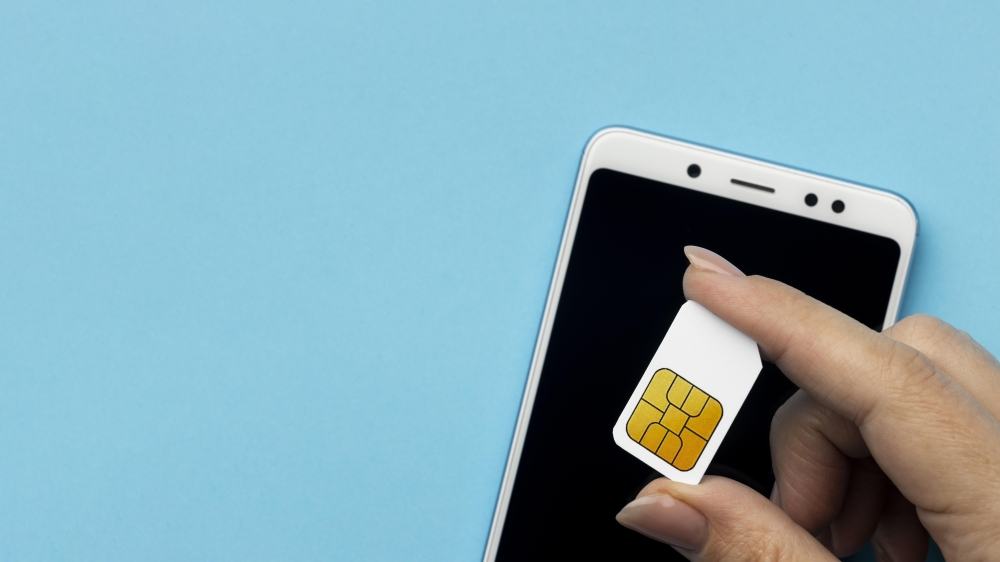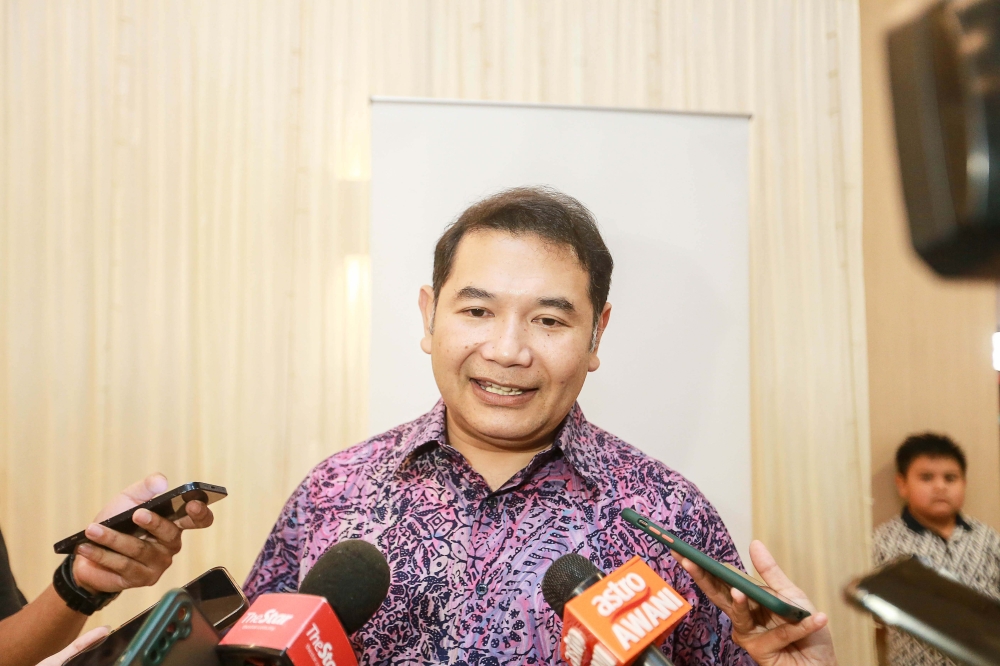KUALA LUMPUR, Nov 27 — Economy Minister Rafizi Ramli has announced today that the new RON95 petrol subsidy programme to replace the blanket policy will be introduced next year.
He reiterated that the current model has allowed the top 20 per cent (T20) households to become 53 per cent of the recipients, and is deemed unsustainable.
“We will roll out the RON95 subsidy in 2024, I will let you guess when it will happen.
“I have spent one year talking about this,” he said during his speech at the Malaysian Institute of Economic Research’s (Mier) National Economic Outlook Conference here.
While acknowledging that the process may appear time-consuming, he underscored the need to avoid hasty decisions and the importance of learning from the pitfalls of previous policies that faced backlash and subsequent reversals.
“I know analysts keep asking why it takes so long because we have seen how it is done in other countries. The sequencing is important, which means getting everything ready. Once we roll it out, it is expected that there will be unhappiness here and there, there will be teething problems, but we can’t afford a U-turn.
“We have seen so many U-turns, we have seen good policies that have been implemented rather haphazardly and ended up causing so much public backlash that politicians usually turn it around. That’s why I have been accused of being defensive when it takes us a year to prepare the foundation, but I don’t mind,” he said.
He said the new subsidy programme aligns with the government’s commitment to widening the fiscal paradigm and finding innovative ways to mobilise resources while reducing wastage within the system.
“Given our public finances ran a fiscal deficit of more than 5 per cent for three consecutive years, we must find new avenues to mobilise our resources and reduce wastage within the system.
“One inescapable dimension of this is addressing our revenue inadequacy by increasing our tax collection. Spending more money than we have is never conducive to a dynamic, sustainable state,” he added.
The T20 is defined by the Department of Statistics as a household with a combined income of at least RM10,960 a month.
Data in 2020 showed that the median income of households in Malaysia is RM5,209 while the mean is RM7,089. The mean income of households in the Federal Territories of Putrajaya and Kuala Lumpur exceeded the T20 bracket (RM12,322 and RM11,720 respectively).
On May 19, Deputy Finance Minister Datuk Seri Ahmad Maslan said T20 households will have to pay more for RON95 petrol and diesel fuel starting next year.
He claimed that “the rich” with their “big cars and high incomes” are the “biggest beneficiaries” of the current subsidy scheme which sees the ceiling price of RON95 petrol fixed at RM2.05 per litre.
On May 18, Datuk Seri Salahuddin Ayub, who was the domestic trade and cost of living minister before his death in July, said the implementation of targeted fuel subsidies for RON95 petrol and diesel was expected to begin next year.
He said the National Economic Action Council agreed in a meeting on May 17 that an integrated database should be prepared to ensure the effectiveness of the implementation of the initiative, which involved his ministry, the Finance Ministry, Transport Ministry and Investment, Trade, and Industry Ministry.
On May 15, Prime Minister Datuk Seri Anwar Ibrahim, who is also the finance minister, said the government will be implementing a subsidy targeting programme in stages starting in January next year.
In 2021, Putrajaya then capped the retail price for RON95 at RM2.05 per litre and RM2.15 per litre for diesel in an effort to protect users here from the global price hike, compared to RM2.08 and RM2.18 respectively in 2019.

